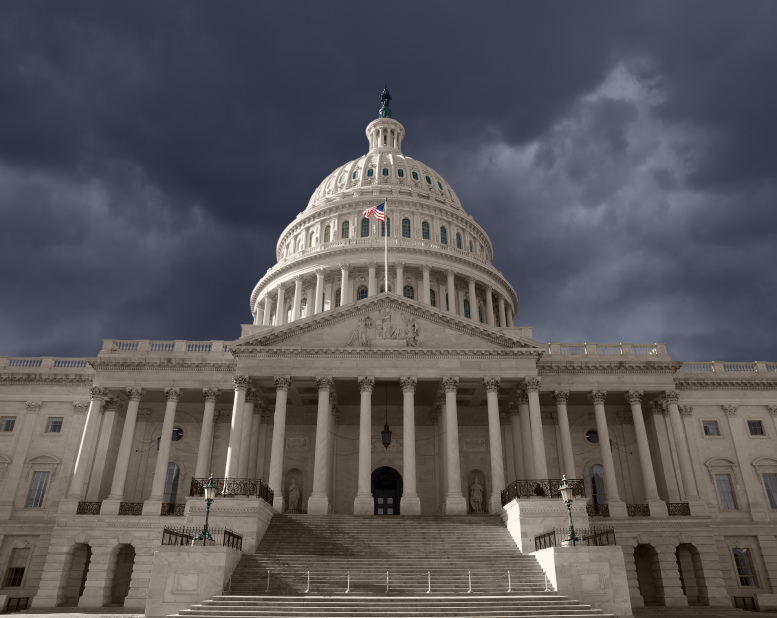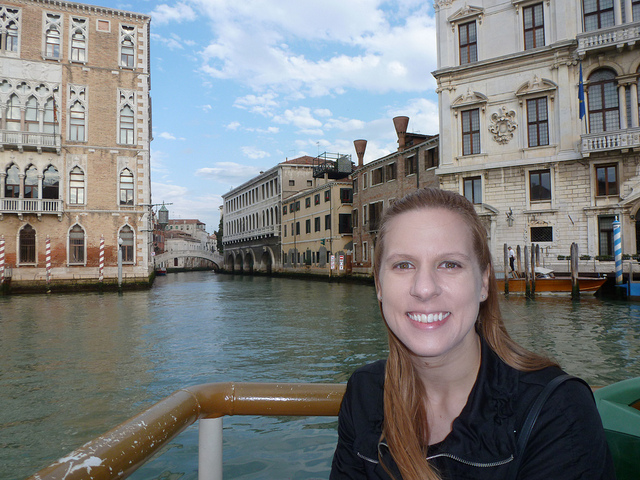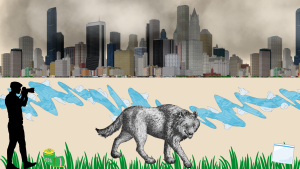
We have all now heard about the recent five-week-long U.S. government shutdown and the budget battle surrounding it. But what was the shutdown’s real impact on the country?
Certainly the group most directly impacted was government workers. Were they able to pay their bills? Were they forced to work without pay? The stress and uncertainty for these households cannot be overstated.
However, the shutdown also impacted many more people. Processes for federal certifications (e.g. food safety), loans (e.g. mortgages), and permits (e.g. construction and environment) slowed to a crawl. Private businesses that contract with the government lost revenue. Some of these transactions were time-bound and will never occur; the monetary value of these planned transactions disappeared into thin air.
The nonpartisan Congressional Budget Office estimated that $3 billion was permanently lost from the U.S. economy as a result of the shutdown. Three BILLION dollars. What could that have accomplished for our health or education systems, small business support, or environmental initiatives? Answer: a lot.
Yes, the government reopened, Congress compromised on a funding bill, and President Trump begrudgingly signed it. But the story is not over.
By declaring a national emergency, the administration plans to build the wall by redirecting money earmarked for other projects. What are those projects? One under discussion has been disaster relief funding. This could impact the states of Fla., Texas, and others.
However, the White House has recently zeroed in on Democratic strongholds of California and Puerto Rico as places from which to redirect these monies. Natural disasters do not discriminate according to politics, and neither should natural disaster relief funding allocation. We are talking about people’s lives—and their livelihoods.
Is this how we demonstrate the Declaration of Independence’s statement that “all men are created equal”?
I recently traveled to San Juan, Puerto Rico, to present a speech at the 6th Women Who Lead Summit. I discussed global economic trends and how they impact Puerto Rico. I also discussed the impact of climate change on natural disasters, the challenges resulting from energy poverty (lack of electricity and clean cooking technologies), and the ways that social enterprises are using business acumen and solar power to help fill in the gaps.
During my speech, the power went out. This happens a lot in Puerto Rico, which is plagued by spotty infrastructure and a national power company dealing with bankruptcy, restructuring, allegations of corruption, and a weak regulatory system.
As a U.S. territory, Puerto Rico has been relegated to the outskirts of public policy, and the botched federal and local recovery efforts after Hurricane Maria in 2017 provide ample evidence of this. It took a year to restore power to the entire island. A year. Can you imagine that ever happening in Florida? No way.
The Puerto Rican economy has been seriously harmed, and many people have fled the island. There are still millions of dollars of unpaid insurance claims from Hurricane Maria in Puerto Rico. Hundreds of businesspeople at the Women Who Lead summit were clearly concerned about energy and development in Puerto Rico, and the potential impact of reallocated disaster relief funding.
Shutdowns are not a game. Neither is redirecting disaster relief funding from people who need it.







Be First to Comment